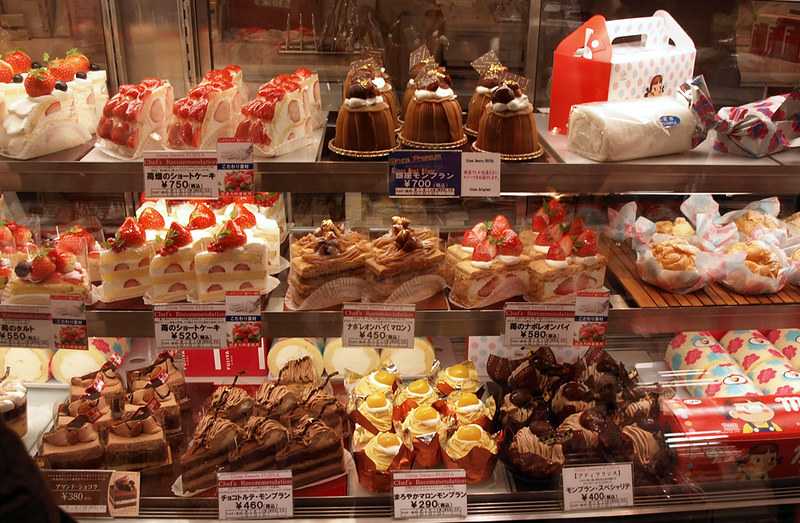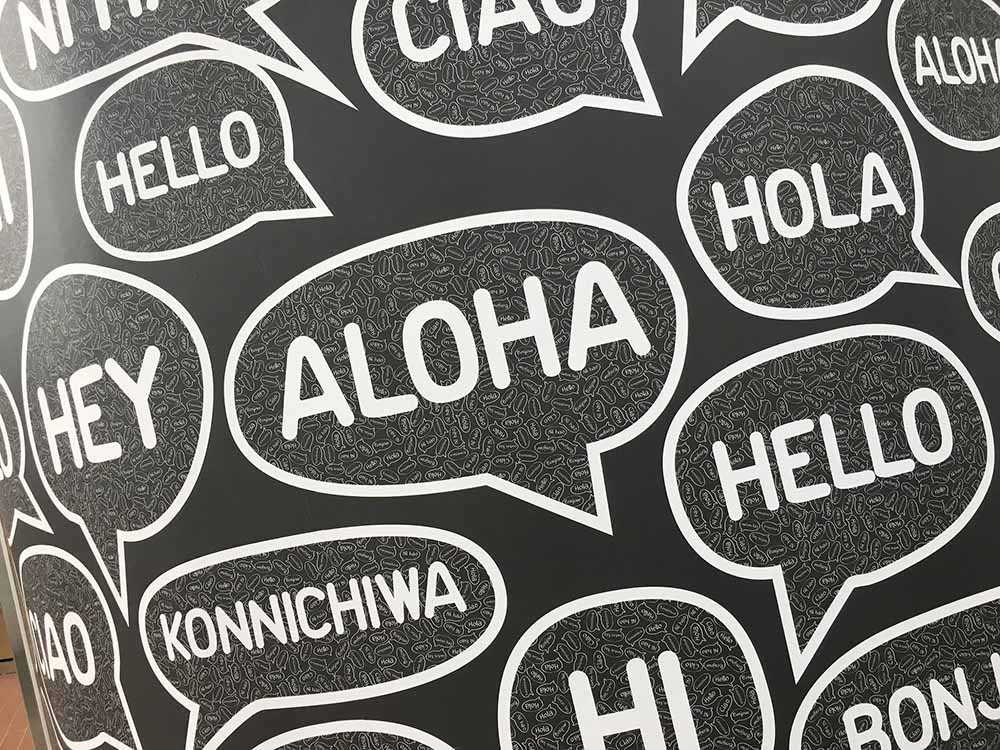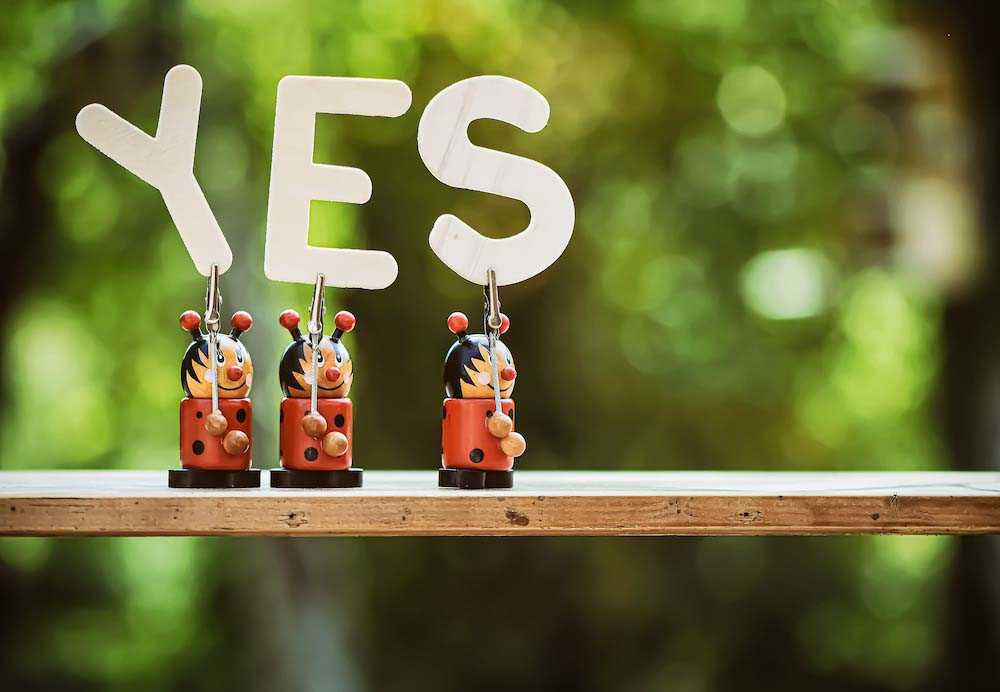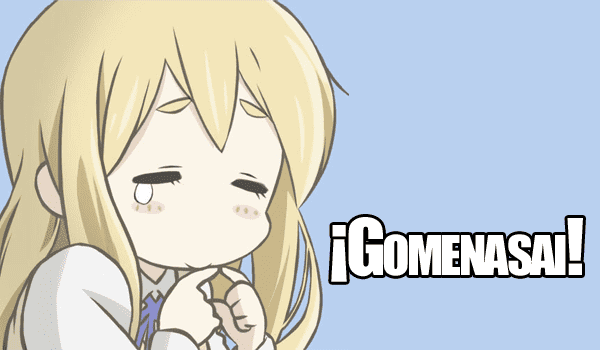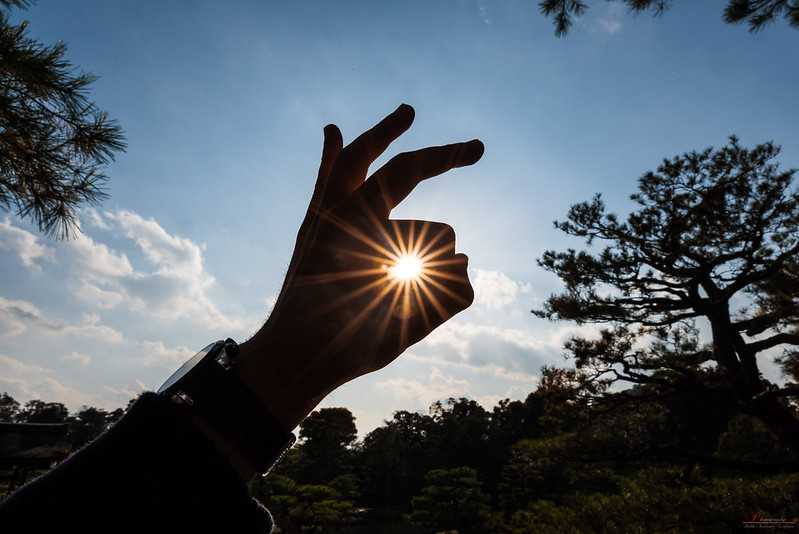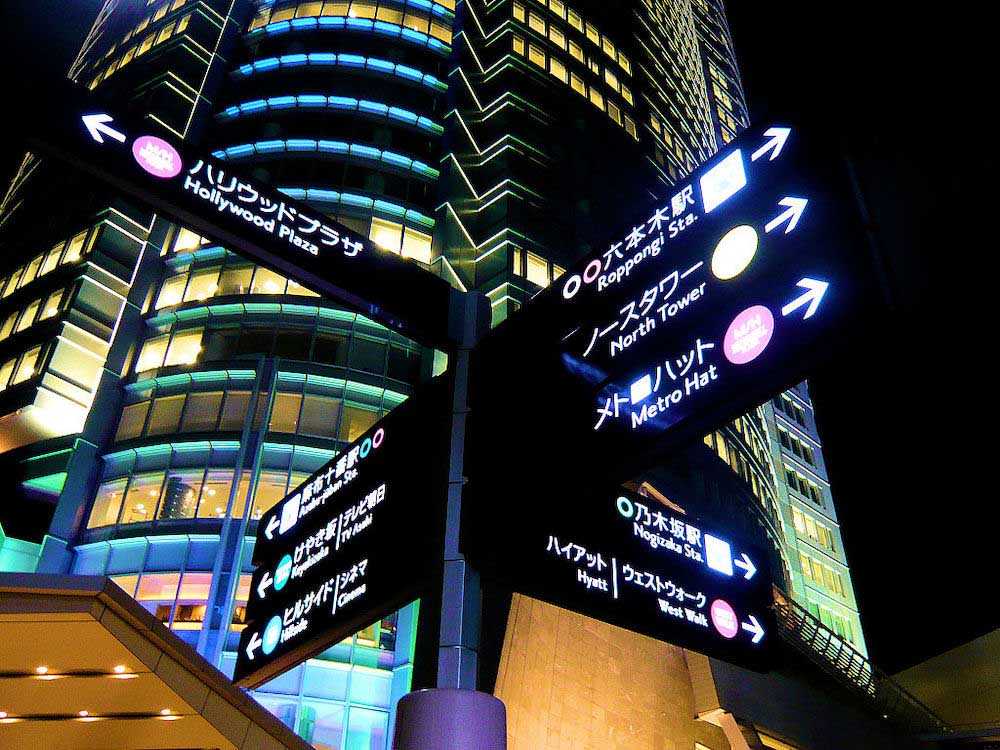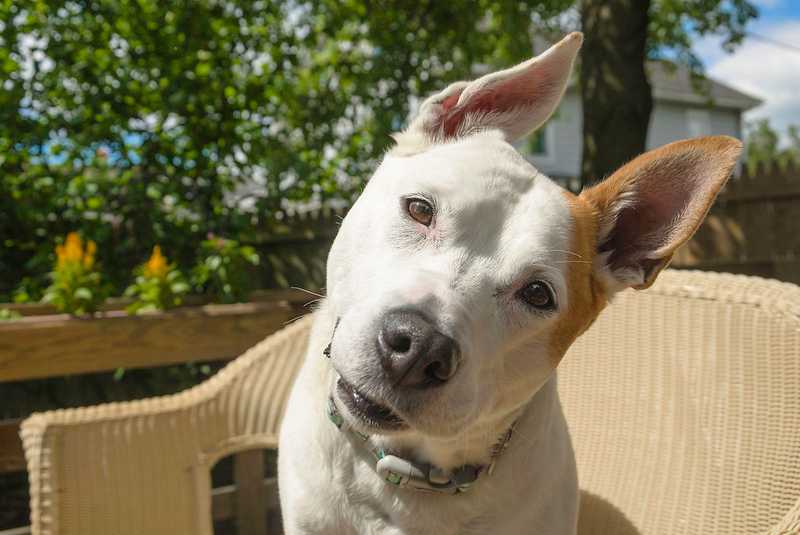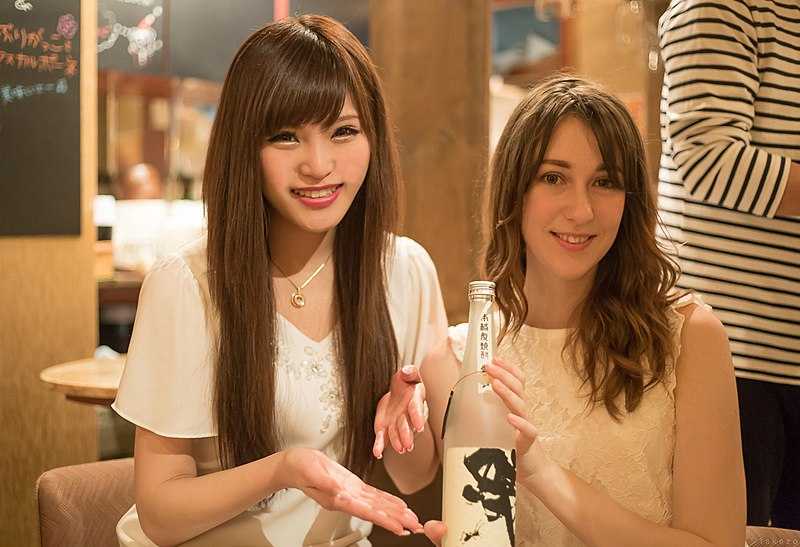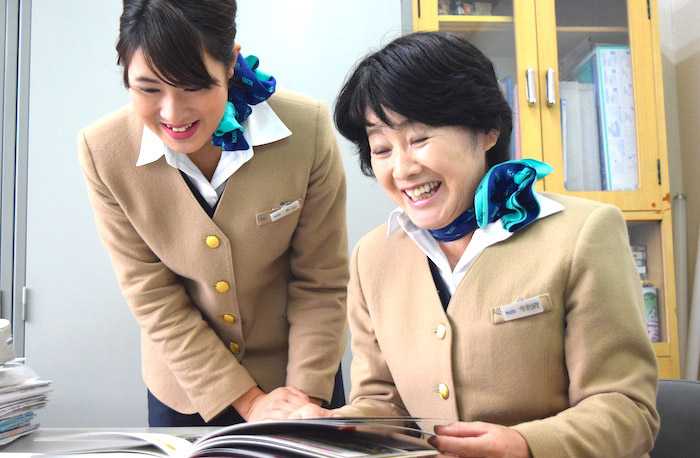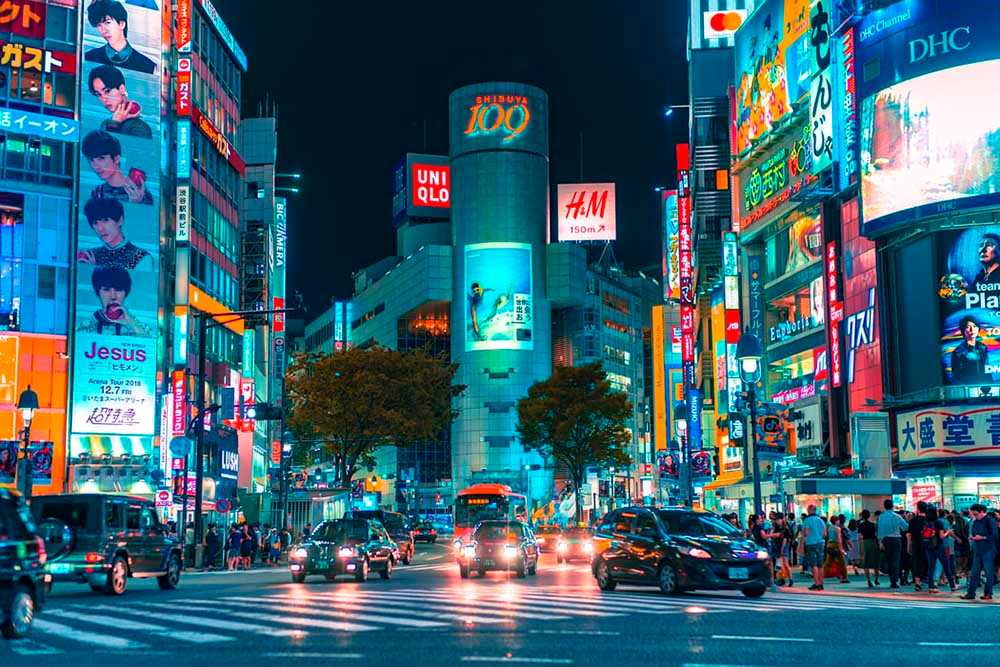Essential Japanese Phrases for Travel
Travelling to Japan soon and want to memorize some useful phrases to help you get by? Here’s a simple guide to the most essential Japanese phrases for travellers to learn if they’re visiting Japan.
Travelling to Japan soon and want to memorize some useful phrases to help you get by? Although people generally speak a little English and you’re likely to find more competent English speakers in larger cities like Tokyo, Osaka and Kyoto, it’s always a good idea to know a few Japanese phrases ahead of time you help you out on your travels.
If you’d like to read a more detailed guide on how to order food on your travels, check out this post here: How to Order Food in Japan.
Essential Japanese Phrases
1. Saying thank you in Japanese
ありがとうございます (arigatō gozaimasu)
Thank you (polite)
Use this for situations where you want to sound polite, such as when talking to people you don’t know. As a traveller, this is the most common phrase you’ll likely need to use.
ありがとう (arigatō)
Thank you (more casual)
Say this when it’s OK to be more casual, such as a person you know or a very relaxed situation.
どうも (dōmo)
Thank you (most casual, like saying “thanks”)
This word can actually mean “very,” as in “dōmo arigatō gozaimasu.” By itself, it can be used as a way to say “thanks.” Be careful, it could be interpreted as rude in some situations because it’s so casual, but it’s OK to use in situations like buying something at a convenience store.
いただきます (Itadakimasu)
Thank you for this meal. (before eating)
Once your food arrives at your table and you’re ready to start eating, it’s customary to give thanks and show your appreciation for it by saying “itadakimasu.”
ごちそうさまでした (Gochisou-sama deshita)
Thank you for the meal. (after eating)
In Japan, it’s not customary to tip, so you can thank the staff instead by saying this as you leave the restaurant.
Source: Flickr
2. Saying please
お願いします (onegaishimasu)
Please (polite)
Used for situations where you want to sound polite, such as when talking to people you don’t know.
これをお願いします (kore wo onegaishimasu)
This please (polite) Many people skip the を (wo) particle in speech, so you don’t have to say it. See the more casual example below:
これ下さい (kore kudasai)
This please (casual) You can use both これをおねがいします (kore wo onegaishimasu) and これ下さい to order food by pointing to what you want on a menu.
Source: Steven Miller
3. Saying hello
こんにちは (konnichiwa)
Hello (daytime)
こんばんは (konbanwa)
Good evening
おはようございます (ohayō gozaimasu)
Good morning (polite)
おはよう (ohayō)
Good morning (casual)
Source: Alexas Fotos
4. Saying yes
はい (hai)
Yes
いいえ (iie)
No
Source: animeotakuking
5. Saying Sorry / Excuse Me
すみません (sumimasen)
Excuse me
You can use this handy word in lots of situations:
- When getting someone’s attention (at a restaurant when you want to order, when approaching someone to ask for directions etc.)
- When you want to excuse yourself for doing something minor, like accidentally knocking someone when you’re passing them in a store aisle.
- As a way to say something like “Sorry to trouble you, but thank you for that.” For example, if you ask hotel staff for an extra towel and they go bring one for you, you could then say “sumimasen.”
ごめんなさい (gomen nasai)
I’m sorry
Used for when you did something that you should apologize for, such as accidentally rolling over someone’s feet with your suitcase or tripping somebody up.
Source: Pablo Fernández
6. Asking are you OK? / I’m fine.
大丈夫ですか? (Daijōbu desu ka?)
Are you OK?
If, like in the examples above, you do something wrong and say sorry to someone, you can follow your apology by asking if they’re OK.
大丈夫です (Daijōbu desu.)
I’m fine.
This is a very useful Japanese phrase, not only as a response to the question above, but also to politely refuse anything you don’t want (such as a plastic bag at a convenience store, or more food in your dish). Simply shake your head and gesture with your hand while politely saying “大丈夫です” (Daijōbu desu).
7. Asking for directions
---- はどこですか?(---- wa doko desu ka?)
Where is the ----?
Replace the ---- with the place or thing you want to find:
- 駅 (eki) train station
- トイレ (toire) toilet
- お手洗い (otearai) toilet but it’s more like saying “the bathroom” or “restroom”
- ホテル (hoteru) hotel
- コンビニ (konbini) convenience store
8. Saying I understand / I don’t understand
わかりました (wakarimashita)
I understood. / I got it. The polite way to say you understand what the speaker just told you.
もう一回お願いします(Mou ikkai onegaishimasu.)
Could you repeat that one more time please?
When you don’t understand what someone is saying, you could say “わかりません” (wakarimasen/ I don’t understand) or also “Could you repeat that one more time please?”
9. Can you speak English?
日本語わかりません (nihongo (ga) wakarimasen.)
I don’t understand Japanese.
You could follow this by saying:
英語話せますか? (eigo (wo) hanasemasu ka?)
Can you speak English?
Tip: Even though it’s grammatically correct to include the “wo” and “ga” particles in the above sentences, you’ll notice that a lot of Japanese people drop it when speaking, so it’s optional.
Source: km-recruit.jp
10. Do you have a ----?
---- ありますか? (---- arimasu ka?)
Do you have a ----?
Useful for asking for things like a map, napkin etc.
Source: Unsplash
11. Help!
助けて(ください)! Tasukete (kudasai)!
Help (please)!
This Japanese phrase is only for emergencies, but hopefully you don’t need it to use it!
Written by: Jessie Carbutt
Originally from the UK, Jess lives, works and writes in Japan. A lover of exploring and anything creative, she's always discovering new things in her Tokyo home.
Ready to explore Japan?
Download Travelr app, browse all upcoming events and network with other travelers.


